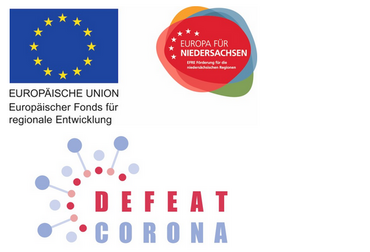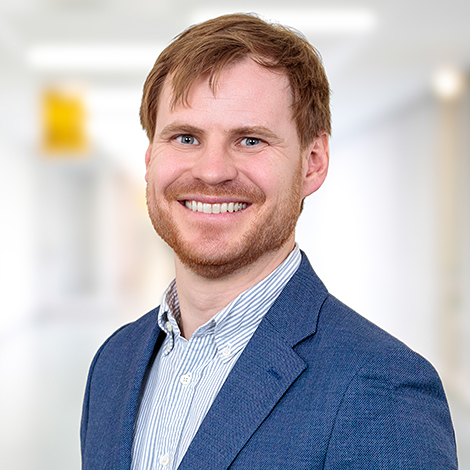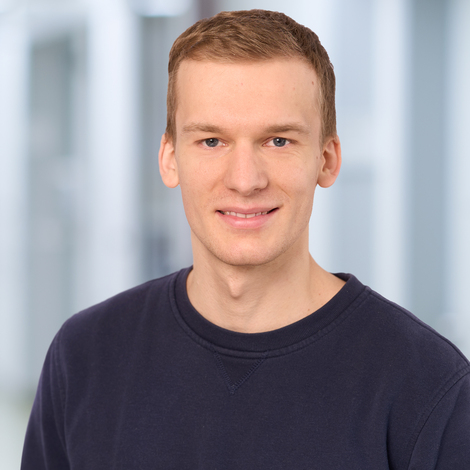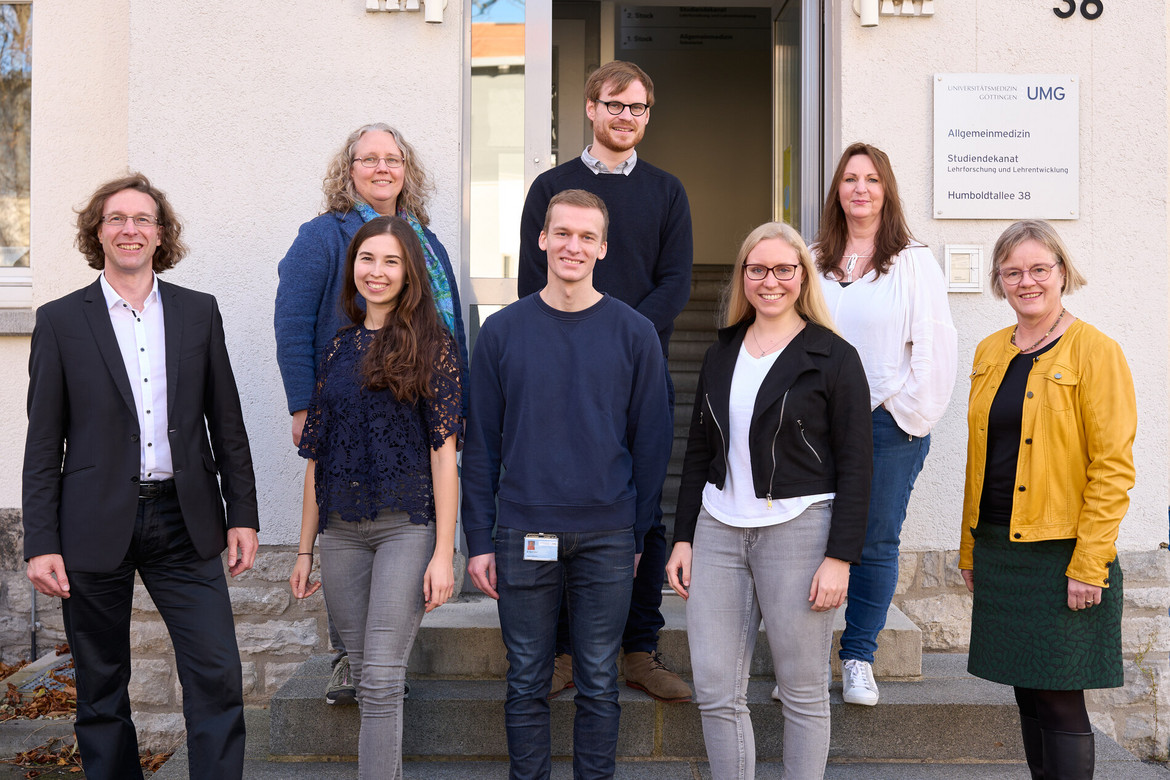Innovation Network DEFEnse Against Covid-19 Study – Looking forward

The whole world is affected by the Corona pandemic. The measures taken in Germany to contain and combat the pandemic were aimed at protecting citizens from the disease and its effects, some of which were severe or, in sad cases, fatal. Novel mRNA-based vaccines have been available since the end of 2020. Regulatory studies have shown that these can dramatically reduce the rate of disease caused by SARS-CoV-2. These vaccines could pave a "way back" to normal, previously accustomed life as a whole-society perspective.
However, the group that is particularly predestined for a severe course includes people for whom it is not yet certain to what extent the immune system reacts after COVID-19 antigen contact through vaccination, in particular whether antibodies are formed. This group mainly includes people with diseases of the immune system or patients who are treated with immunosuppressive drugs. This includes, for example, people suffering from rheumatoid arthritis, psoriasis, multiple sclerosis, Crohn's disease or ulcerative colitis, but many more, who make up a large number of people in Lower Saxony.
It is largely unclear to what extent immune protection builds up for these people, to what extent it lasts, which components of the immune system mediate these effects in immunocompromised people (immunoglobulins / T-lymphocytes) and to what extent affected people and their relatives and families find their way back into a daily life characterized by self-efficacy and social participation after vaccination or whether the social after-effects of the pandemic are prolonged.
In addition to people for whom there is uncertainty about whether they will build individual immune protection through vaccination, there is another group that will become more of a focus in the future: Those people who continue to retain symptoms after COVID disease (so-called long- or post-COVID). While immunological backgrounds, syndromal manifestations and treatment structures are addressed in the other subprojects in the research network, the life paths of those affected are to be recorded here under participation aspects in a temporal dimension. Due to the novelty of the topic, there has been hardly any research on the psychosocial consequences of the disease, and in particular there is a lack of knowledge about socio-medical aspects over a longer period of time. The present project is intended to close existing research gaps in this area, especially with regard to the local care structures.
Project goals
The subproject "Back to Life?" aims to find out how and to what extent
- for people with a COVID-19 infection and late symptoms and
- for people who, due to pre-existing conditions, belong to a special risk group for severe or even fatal courses of a COVID-19 infection and who have had themselves vaccinated, social or societal participation is fulfilled again in the course of one year and how this participation differs from the pre-COVID-19 period.
Study design and methodology
In a mixed-methods approach, affected persons, who will be recruited together in the context of the overarching study, will be surveyed in qualitative interviews and focus group formats with regard to various participation dimensions. These dimensions of participation include participation in the areas of family and social network, education and training, employment and material living situation, everyday living, health-related participation, leisure, culture and sports, personal safety and security, and political and social participation. In addition to this interpretative, qualitative and very small-scale approach, all subjects included in the joint study will be surveyed by means of (online) questionnaires in a quantitative part of the study.
Subprojects and employees
The innovation network "DEFEAT CORONA" consists of three subprojects:
Subproject 1: Back to life? - Social and Partial Convalescence in the Vaccine Era
University Medical Center Göttingen, Institute for General Medicine
- Frank Müller, MD
- Dr. Sascha Roder
- Dr. Tim Schmachtenberg
- Dr. Tim Schmachtenberg
- Dominik Schröder
- Kathrin Nußbaum
- Gloria Königs
- Gloria Heesen
Subproject 2: COVID Special Consultation Lower Saxony - Vaccination Response and LONG COVID Syndrome
Hannover Medical School, Clinic for Rheumatology and Immunology
- Prof. Dr. med. Georg Behrens (Network spokesman)
- PD'in Dr. med. Alexandra Jablonka
- Prof'in Dr. med. Sandra Steffens
- Marie Mikuteit
- Jacqueline Niewolik
- Laura Hetzel
Subproject 3: Subproject - MAChine LEArning for Finding SYmptom CLusters (MACLEAF SYCL)
Ostfalia University of Applied Sciences, Institute for Information Engineering
- Prof. Dr. Frank Klawonn
- Kai Vahlendiek
Project funding
The innovation network "DEFEAT CORONA" is supported by the European Regional Development Fund (ERDF).
Duration
01.07.2021 – 31.12.2022
Publications
Contact

contact information
- telephone: +49 551 3965663
- fax: +49 551 3929530
- e-mail address: frank.mueller(at)med.uni-goettingen.de

contact information
- telephone: +49 551 3967927
- fax: +49 551 3929530
- e-mail address: dominik.schroeder(at)med.uni-goettingen.de
